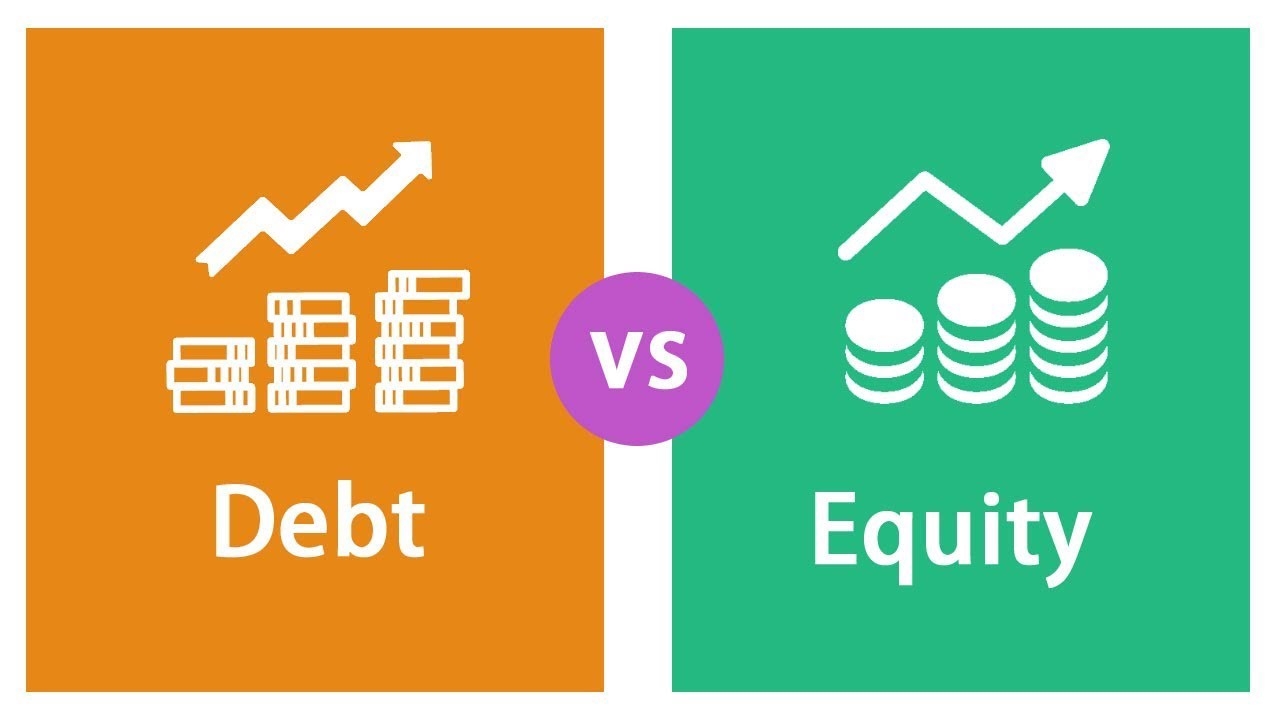Home>Finance>What Are Social Security Benefits? Definition, Types, And History


Finance
What Are Social Security Benefits? Definition, Types, And History
Published: January 30, 2024
Learn about social security benefits in finance, including their definition, types, and historical background. Gain a comprehensive understanding of this crucial aspect of financial planning.
(Many of the links in this article redirect to a specific reviewed product. Your purchase of these products through affiliate links helps to generate commission for LiveWell, at no extra cost. Learn more)
What Are Social Security Benefits? Definition, Types, and History
When it comes to planning for retirement, understanding all the different financial options available to you is crucial. One such option you may have heard of is Social Security benefits. But what exactly are Social Security benefits, and how do they work? In this blog post, we will explore the definition, types, and history of Social Security benefits to help you better grasp this important aspect of retirement planning.
Key Takeaways:
- Social Security benefits are government-funded financial benefits provided to individuals who have worked and paid into the Social Security system.
- There are different types of Social Security benefits, including retirement benefits, disability benefits, and survivor benefits.
Definition of Social Security Benefits
Social Security benefits refer to government-funded financial benefits that are provided to eligible individuals who have worked and paid into the Social Security system. These benefits are designed to provide a steady stream of income during retirement, as well as support for individuals with disabilities and surviving family members.
Types of Social Security Benefits
1. Retirement Benefits: Retirement benefits are the most common type of Social Security benefits. These benefits are available to individuals who have reached the age of 62 or older and have accumulated enough work credits. The amount of retirement benefits you receive is based on your earnings history and the age at which you choose to start receiving benefits.
2. Disability Benefits: Disability benefits are available to individuals who are unable to work due to a disability. To be eligible for disability benefits, you must have a medical condition that is expected to last at least a year or result in death. The amount of disability benefits you receive is based on your average lifetime earnings prior to becoming disabled.
3. Survivor Benefits: Survivor benefits are provided to the surviving family members of a deceased individual who was eligible for Social Security benefits. This can include a surviving spouse, children, or dependent parents. The amount of survivor benefits you receive is based on the deceased individual’s work history and the age of the surviving family members.
History of Social Security Benefits
The concept of Social Security benefits dates back to the late 19th century, but it wasn’t until 1935 that the Social Security Act was signed into law in the United States. The act was a response to the widespread poverty faced by elderly Americans during the Great Depression.
Since its inception, the Social Security system has undergone several changes and expansions. Initially, the program only provided retirement benefits to workers in certain industries. Over time, the program was expanded to include disability benefits and survivor benefits, providing a more comprehensive safety net for individuals and their families.
Today, Social Security benefits play a crucial role in the retirement plans of millions of Americans. Understanding the types of benefits available and how they work is essential for effectively planning for your financial future.
In conclusion, Social Security benefits are an important part of retirement planning. Whether you’re considering retirement, dealing with a disability, or worried about your family’s financial security, Social Security benefits can provide much-needed support. By understanding the definition, types, and history of Social Security benefits, you can make informed decisions and ensure a more secure financial future.














